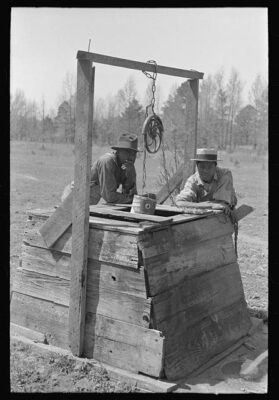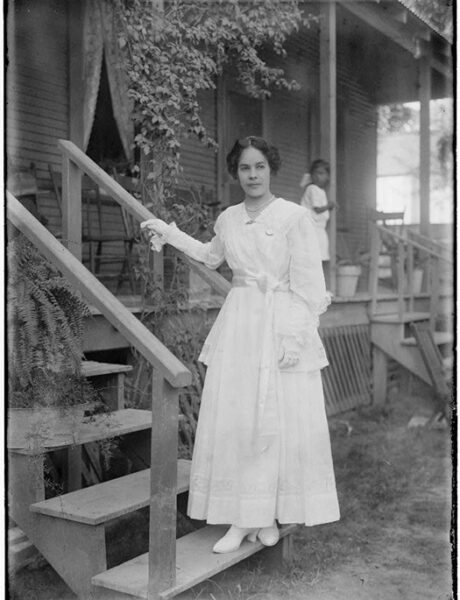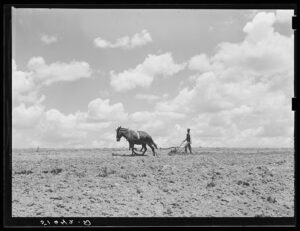Southern Legitimacy Statement: In early 1835 my fourth great grandfather, John Nolan and his brother James, fled the Tithe War in Ireland and arrived upon the fringes of revolution in Texas. A little over a year later, Texas had become its own country, James was dead and buried at The Alamo, and John had settled into the muddied thickness of the pines that signify “Where the Deep South begins in the West”, East Texas. I am the seventh generation to be born and raised in this insular region that is both utterly Texan, and at the same time, unlike anywhere else in the state. Since before there even was a Texas, the land surrounding the Sabine has been a provincial “borderland” where the lost, the outlaw, and the unlucky go to hide or disappear. It is an organic land both beautiful and vexing, full of darkness and unique light, inspirational and at times, terrifying. It is the land that made me, and although I’m not always proud of East Texas, I’m always proud to be an East Texan.
Where 42 Crosses the Sabine
During the summer,
Sundays were for the Sabine
and it’s bottomland,
swollen green with brush and vines,
dogwoods, pines, and white oaks
long abandoned derricks bulging into the streambed,
and the heavy air, hot, thick as molasses, and born
somewhere over the flat head of a water moccasin,
rolling out of the river over the sand, blanketing paths
cut from the highway, and disappearing in darkness,
into the belly of the woods.
“The evil old Sabine River”
was Kerouac’s jive, and land that touched it’s sides,
the “mireful drooping dark” is where we dug in,
Sunday river rats next to the ghost of Jack,
the footsteps of the Caddo and folktales of bandits
and outlaws on the run, hiding out or strung up
over the edge of the river, toes skimming
the water and the red mud. We poured
Kentucky whiskey into glass bottles of Coke,
and watched as spoonfuls of orange light
settled upon the tangled roots of a hanging tree,
wondering if some poor son a century before
noticed the same patch of light in the moment
the rope cradling his neck jumped like lightning,
and the river heard his momma’s name.
We would roll up a joint, catch a flame,
and then pass it and the guitar back and forth,
someone singing Dylan or Haggard
and me Leadbelly. I always found that fitting,
knowing he was an outlaw as well,
ankle deep in the same mud of the same river,
a hundred years before.
We played, smoked, drank, spun tales, told lies,
and traded songs until the sun barely hung
onto the western side of the thicket,
and the train crossed the trestle
behind the red church, moaning at us
in its lonesome tone, as we threw pennies
into the river and moaned back.
George Daniel
Culled from blood
soil and pine trees,
his name was sulfur
upon his mother’s
barbed tongue, a curse,
a mere babe on her hip,
drug through cloud fields
of cotton and Caddo bottom
thickets, his fingers cinched
to her homespun calico
as the Texas sun
bathed their necks in
a timbre of cardinal red.
He was the third born
to this hard woman
of gospel and affliction.
A boy raised in the truth
of a peach tree switch,
bone handle, and honed blade.
He was anointed
in blood, in the kill
of the fatted sow,
in the wringing
of a yardbird’s neck,
in the murder of a
stag she asked him
to name, and then cleave
and devour, with his tears
protesting against
cornflower blue.
He was born a partisan,
a scapegoat, a patron
of the outsider. He was
his brother’s keeper,
protector and defender
of a white trash name,
a man before his father.
He was the whipping boy,
the lanky one with splinters
in his feet, a reminder
to his mother that
both of her daughters,
her only daughters, were
buried in Sunday dress,
six feet under
East Texas dirt.







